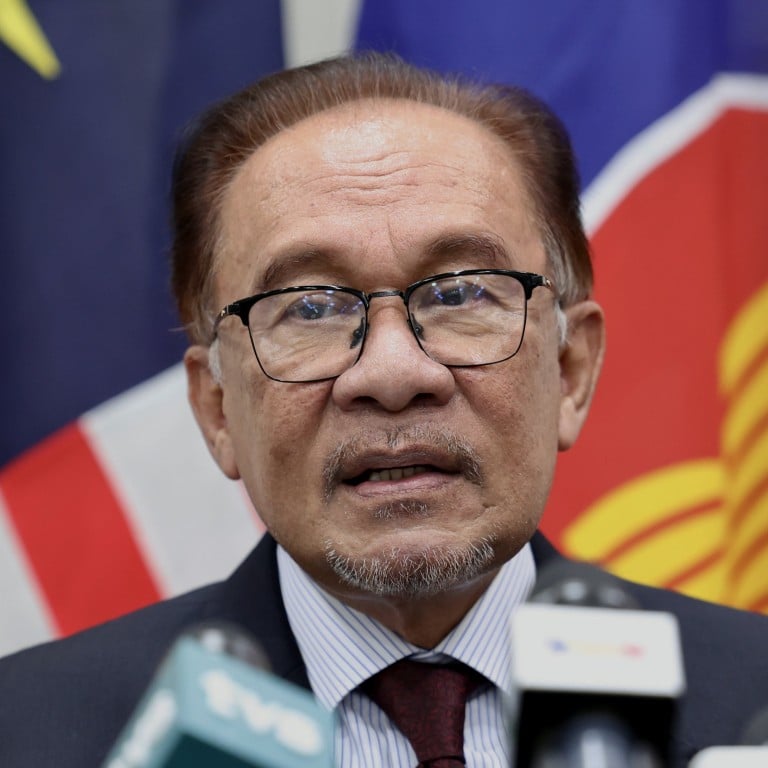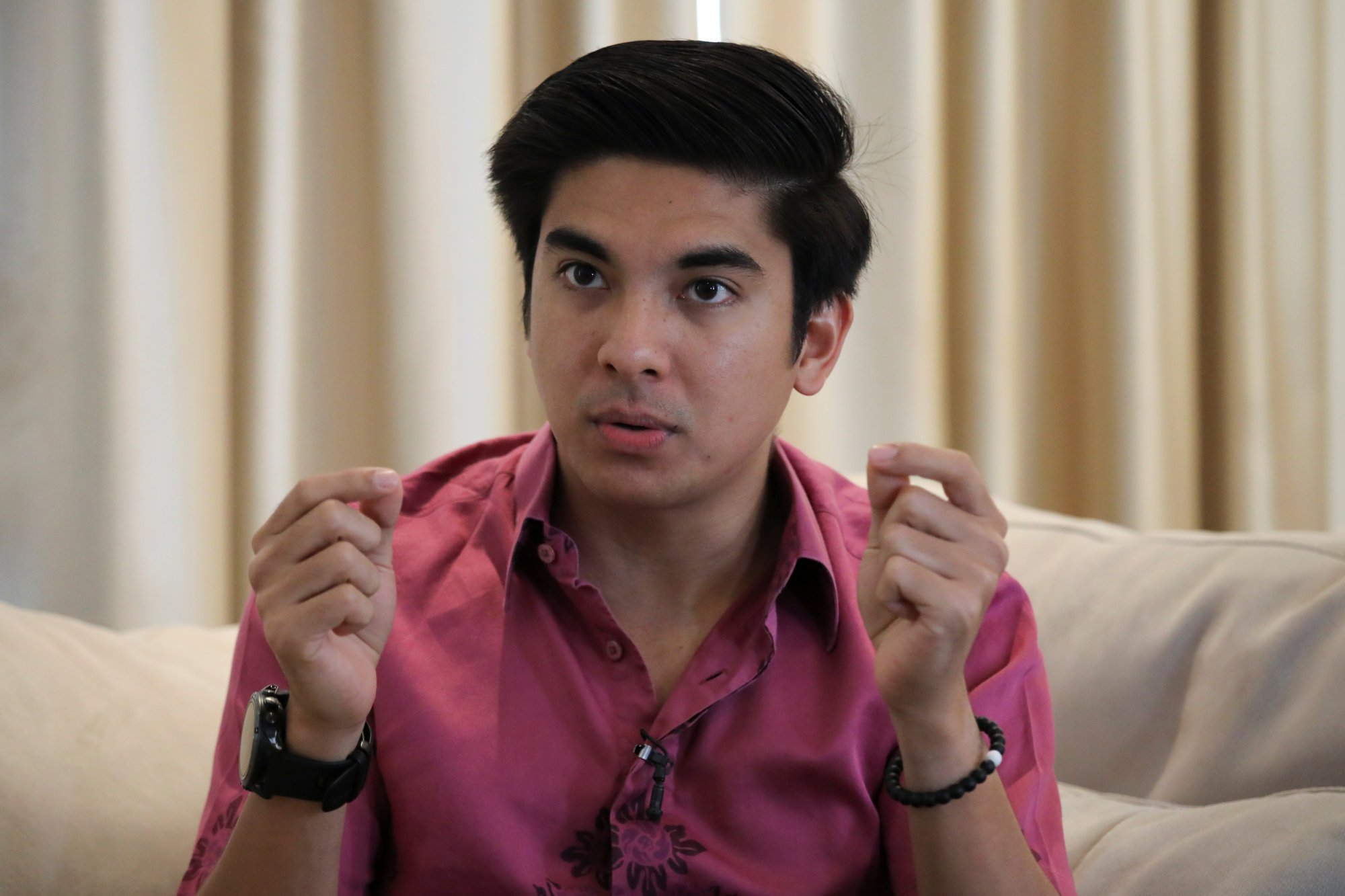
Malaysia’s Anwar loses Syed Saddiq’s Muda in protest against Ahmad Zahid walking free, ‘normalising corruption’
- Discontinuing the four-year trial against Deputy PM Ahmad Zahid Hamidi ‘was the beginning of normalising corruption’, the Muda president said
- Muda’s exit from the ruling coalition highlights the dilemma PM Anwar Ibrahim faces ensuring a parliamentary majority while placating supporters
Syed Saddiq said discontinuing the four-year trial against Zahid “was the beginning of normalising corruption”. Anwar has repeatedly denied interfering in what he has called the attorney general’s decision. The attorney general said the charges were dropped pending further investigations.

Even without Muda’s support, Anwar has a comfortable majority in parliament to stay on as prime minister, and his cabinet remains intact.
Syed Saddiq’s party said it would continue supporting the government’s reform efforts from the opposition bench when a supermajority is needed to pass such legislation, according to a statement on Sunday.
Zahid, who heads the former ruling Barisan Nasional coalition, was key in ensuring support of the group’s 30 seats in parliament for Anwar, helping to form the unity government after the November general election resulted in a hung parliament. Barisan Nasional’s traditional allies from Borneo quickly followed suit to support Anwar.
Other allies of the ruling bloc appear unlikely to follow Muda’s footsteps. Democratic Action Party Secretary General Anthony Loke earlier on Sunday reminded Syed Saddiq that he had the responsibility of supporting the government as he won November’s general election thanks to an electoral pact.

